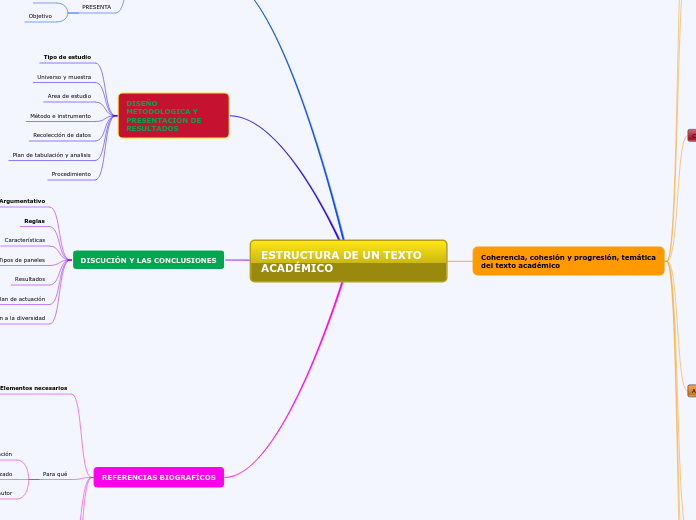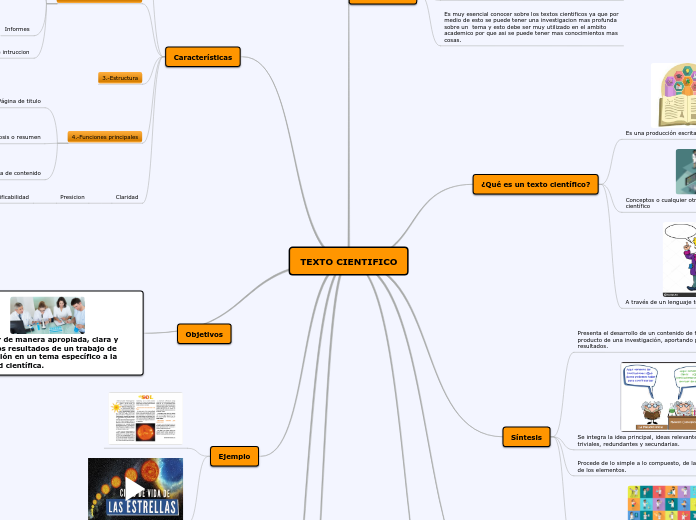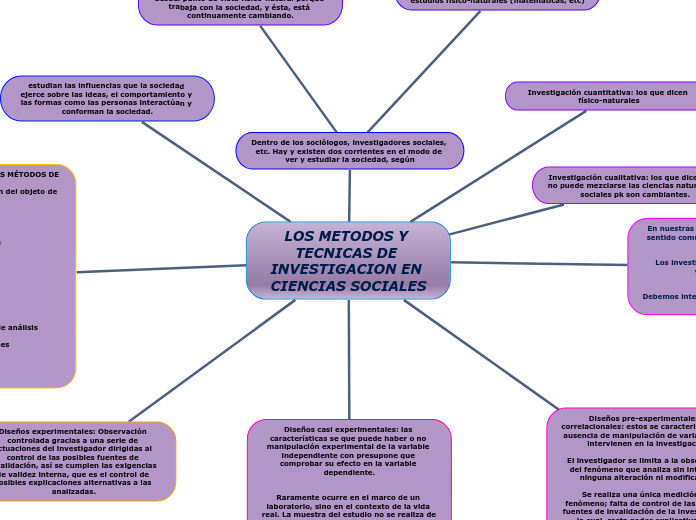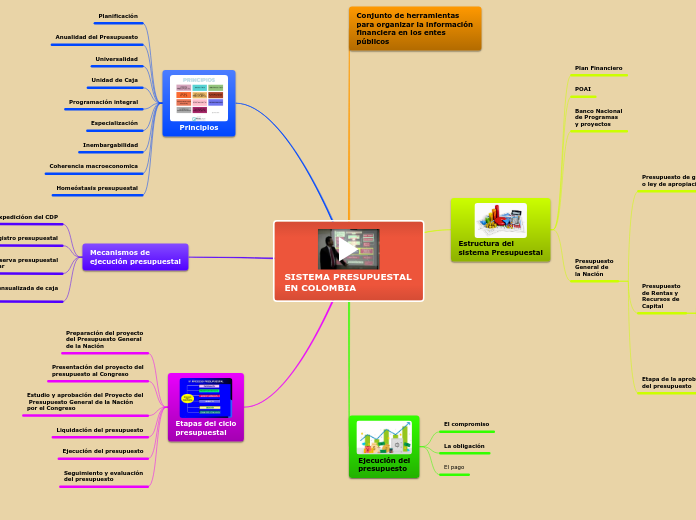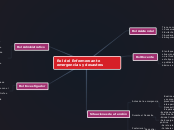ESTRUCTURA DE UN TEXTO ACADÉMICO
A noun is a word that functions as the name of some specific thing or set of things, such as living creatures, objects, places, actions, qualities, states of existence, or ideas.
REFERENCIAS BIOGRAFÍCOS
Generic nouns are nouns that are part of a generic statement. Generic nouns can be singular or plural. The opposite of generic nouns is collective nouns.
The difference between definite/indefinite and generic nouns is that in the sentence there must be a blanket statement or question.
Fuentes
Electrónicos
Impresos
Dónde se utiliza
Artículo
Tesis
Trabajo de investigación
Para qué
Reconoce el trabajo del autor
Credibilidad al trabajo realizado
Fundamenta nuestra investigación
Elementos necesarios
Editorial
Fecha de publicación
Lugar de publicación
Título
Autor
DISCUCIÓN Y LAS CONCLUSIONES
Proper nouns are the names of specific people or places. They should always begin with a capital letter.
Atención a la diversidad
Plan de actuación
Resultados
Tipos de paneles
Características
Reglas
Argumentativo
DISEÑO METODOLOGICA Y PRESENTACIÓN DE RESULTADOS
A concrete noun is a noun that can be identified through one of the five senses (taste, touch, sight, hearing, smell).
Procedimiento
Plan de tabulación y analisis
Recolección de datos
Método e instrumento
Area de estudio
Universo y muestra
Tipo de estudio
INTRODUCCIÓN
Possessive nouns are nouns which possess something, normally another noun.
PRESENTA
Tema
DESCRIBE
Enlace
Originalidad
Novedad de trabajo
Coherencia, cohesión y progresión, temática del texto académico
Common nouns are words for people, places or things that aren’t specific (as opposed to a proper noun which refers to only one person, place or thing).
Common nouns can be countable or uncountable, singular or plural.
Reseña
Consiste en el análisis de una obra
Es una evaluación o crítica constructiva
Negativa
Positiva
Artículo de investigación
Da resultados de una investigación
Es un texto escrito
Monografía
Posee un objeto delimitado
Proporciona nueva información
Confirma hipótesis que se presenta
Se considera de carácter científico
Documento con temas de diversos autores
Algunos tipos de texto académico
Tesis doctorado
Originalidad en el problema
Dominio en la bibliografía
Método científico
Novedad en la conclusión
Años de dedicación
Extensión muy notable
Trabajo fin de grado
Objetivo
Dominio del tema
Trabajo
Fuentes biográficas
Conectores linguisticos
Reformuladores
Trabajo fin de maestría
Estudiante
Demostrar
Tratamiento crítico
Competecia
Tres tipos de conectores
Recapitulación
Rectificaión
Explicativos
Causales y consecutivos
Son
Consecutivos
"Por consiguiente"
"Por tanto"
"En consecuencia"
Casuales
"Por que"
"dado que"
"Ya que"
Contraargumentativos
Introducir información de opusición
Auditivos
Sirve
Introducir una información novedoso
Añadir más información
Organización en el discurso
Contiene información conocida y nueva
Tipos
Orden secuencial
Organiza la materia dentro de un texto
Causa-consecuencia
Representa consecuencia lógica
Analogía
Ofrece una información
Oposición
Establece una explicación
Complementariedad
Varias secciones suman su significado
Subordinación
Una parte depende de otra
